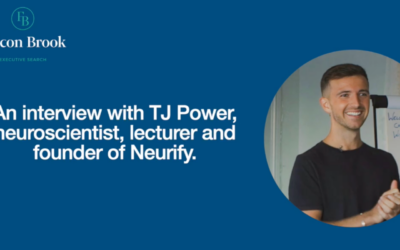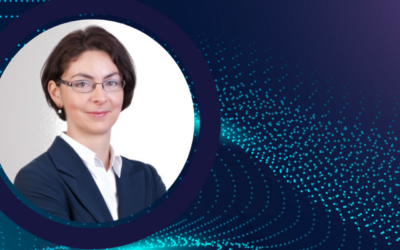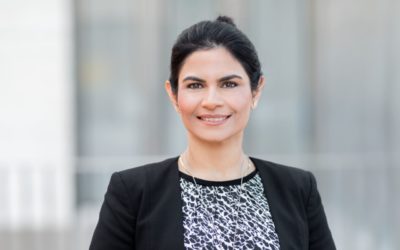Every company Falcon Brook works with wants to increase diversity, equity and inclusion. Our clients are committed to change and believe greater representation can make true impact. Achieving a better employee balance is difficult.
This October, we are marking Black History Month by amplifying stories of black ethnic minority specialists working in the energy sector to provide fresh perspectives on how we can all support change.
Bias is complex, creating layers that combine to hinder access to opportunity for underrepresented ethnic minorities.
This week we share a story about the challenges faced by a black energy analyst aspiring to work in front office in Europe, and how he coped with discrimination starting at school.
I feel very lucky because I know what I want to do. Today I’m an analyst, I’m working towards a front office role.
I am fascinated by the complex flows of commodities, the geopolitics, and micro economies.
My background is economics and I think I have the right analytical and mathematical skills needed to succeed.
There are many layers I would need to break through to get to where I want to be, and my ethnic background is only one of the hurdles.
In my department there are just six black people out of 200 employees, and I would be the first black person in the front office.
To make the switch, I need of course to prove myself as an analyst, presenting trading recommendations that are consistently profitable and building tools that lead to good trading positions. That is something I am already doing.
To work in Europe, in order to get that first break and then to progress in the business, I also need to have the right academic school and university on my cv. Your school is the first question – and it creates a hierarchy.
If you don’t go to one of the top schools, you don’t get the internships and you don’t get the jobs. This goes beyond work into one’s social and personal life, and then also into the work social life.
I was able to go to the right schools because I had good grades. I was the only black man in these establishments, and it was very difficult.
Some teachers judged me immediately. I had to change their ideas. Some had never seen a black person. Many think a black man is dangerous.
You need to show that people can trust you.
I always sat next to the teacher when I took a test at school, for example. I would bring the barest minimum – only a pen – because I needed to make it clear that I was not cheating.
I had a teacher who eventually apologised to me for their assumptions.
My education defines everything and opens so many doors.
This is because the system is biased. It creates a dichotomy because the school is one of the keys of the system and without it, you can’t get on in the same way.
It is different for white people – they can get by without the best education and results.
Black people need to be 200% over-prepared because people expect more. You need to be on top of your game to get a chance. White people have a different “contract”.
I still meet people who have never spoken to someone from a minority ethnic background. You can tell straightaway by the questions.
“Where do you come from?” Why here of course, same as you.
People are more surprised when they know where I studied.
Then there is the assumption that I’ve done well because my family were working in the highest levels of government or in business back in “their” country.
It’s difficult for colleagues to appreciate that someone from a minority background can do well on their own terms.
This is because of the image. In movies, the black person either dies in the first 10 minutes, or they are the criminal, or they are the clown.
I’m not one of these movie characters.
Black people from an underprivileged background can’t see what they can achieve.
Representation is important. I wanted to become a football player because I saw a lot of black footballers.
If you see a black consultant or CEO you believe you can become that person.
The ‘black network’ isn’t always there to guide you. Some senior black people keep to themselves. Others are helpful. They share experiences and tell you how things work and how to avoid mistakes.
Successful black people often hide because they don’t want to get the wrong attention. At school, people didn’t like it when the black man got better grades. It’s best to keep your head down.
I was lucky because my parents were educated, and my mother studied in Europe. Then my older brother and sister did everything before me and I got all their tips sitting in the kitchen listening to them.
Things are changing and D&I programmes are a good start. In the 90s, we were still dying in the first 10 minutes.
In our company, black mentors help directors to break down barriers.
When BLM happened and every black person started to speak out it helped to open eyes.
White people aren’t going to understand because it’s very hard to get in someone’s shoes if people don’t talk about their experiences.
People are now not afraid to speak about discrimination.
I had one interview when my camera wasn’t working. The interview was going well.
Then my camera started to work – and the interview changed. The questions about my goals, skills and experience stopped. It became confrontational. My commitment was challenged. Would I come to work on time? Could I be trusted to work hard?
First thing next morning they messaged to say that they would not be continuing with my application.
It will be different for the next generation. We know how the system works. We will raise our children to do better.



